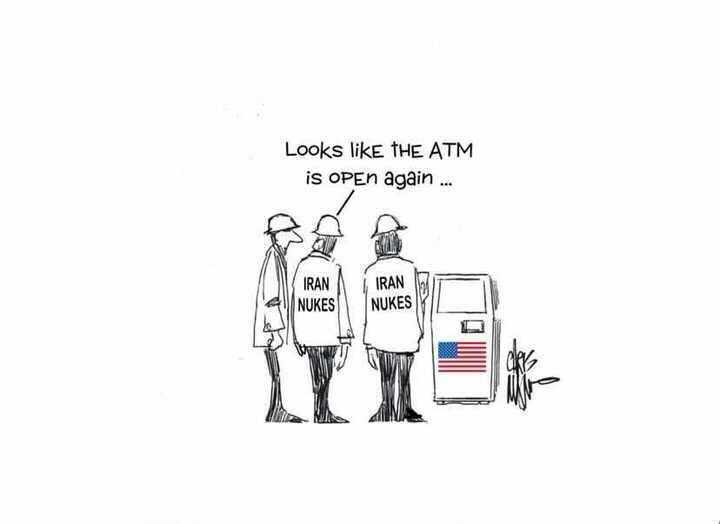It is commonplace for incoming presidents to quickly dismantle their predecessor’s work. This happened when former President Donald Trump came into office, went on a crusade against Obamacare and pulled the United States out of the Paris Climate Agreement, to name just a few. Trump, however, also expunged the Obama Administration’s biggest foreign policy feat: The Iran Nuclear Deal. Now, President Joe Biden is running the show, and there are talks of the United States rejoining the deal.
Before exploring the faults of the agreement, we must first understand the original policy framework. The pact itself is a lengthy 109 pages, but there are five key takeaways.
The first major point involves Iran’s stockpile of uranium, the key ingredient to making a nuclear weapon. Iran was directed to decrease its uranium stockpile by 97 percent. However, Iran has the necessary tools to regain its stockpile quickly. It has been reported that Iran’s current stockpile is 12 times the agreed upon limit.
Uranium enrichment, a process to weaponize the metal, is the next point on the chopping block. In order to make a nuclear weapon, you would need 90 percent uranium enrichment. Under the original treaty, Iran agreed to lower levels of enrichment to 3.67 percent. Attached to this was a sunset clause of 15 years (we’ll get to that later, don’t worry).
Reduction of centrifuges is number three of the five key points. Centrifuges are machines used to enrich uranium, making it a key tool to manufacture a nuclear weapon. Iran agreed to give up two-thirds of its centrifuges. There is also a sunset clause of 10 years attached to this part of the contract.
Thought to be the strongest part of the agreement is number four, inspections. This part of the accord states how United Nations inspectors can investigate and “keep an eye” on Iranian nuclear facilities. However, there is a caveat to this part of the deal: Iranian officials could challenge an inspection for up to 24 days, which would be more than enough time to cover up any suspicious activity.
Finally, Iran receives sanctions relief. Countries in Europe, as well as the United States, agreed to lift many sanctions that were imposed on the country. These sanctions were crippling Iran’s economy, one of the main reasons why Iran came to the negotiating table in the first place.
Overall, the goal for the treaty is to keep Iran at bay and the world a safer place. In return, Iran gets economic sanctions lifted so their economy can start recovering. Seems simple enough, right? Think again.
First and foremost, Iran is one of four countries the United States’s Department of State defines as a state sponsor of terrorism, the other three being North Korea, Syria and Cuba. What ever happened to the whole “The United States does not negotiate with terrorists,” thing?
Speaking of terrorists, Iran funds Hezbollah, a militant group in Lebanon with a history of global terrorist attacks. It despises Western countries and those who support Western ideals. Iran is also a financial backer of the Assad Regime, the leading political party in Syria which has unleashed chemical weapons on their own people, killing hundreds. Nonetheless, the Obama Administration quite literally sent a plane full of cash to Iran after they implemented the nuclear deal and released four Americans from captivity.
Sunset clauses, remember those? Let’s talk about them.
A sunset clause is the part of an agreement that expires after a set period of time. There are two of them in the Iran Nuclear Deal regarding uranium enrichment and uranium centrifuges, both of which are absolutely necessary to making a nuclear weapon. This means that in 15 years, Iran could quickly revamp its nuclear program. If economic sanctions were lifted, 15 years is arguably enough time for the Iranian economy to be in a significantly better place than it was in when this treaty was first signed. This means that even if countries did impose new sanctions, it wouldn’t matter. If Iran can survive economic repercussions in the next decade and make a nuclear weapon, they will, and the United States and other countries who signed on to this deal will look foolish.
There are times for diplomacy, and there are times to double down. The Biden Administration must double down. Just last year, since the United States withdrew from this arrangement, Iran, in retaliation, attacked a U.S. military base. In short, America should never assist a country that funds terrorist regimes, attacks our military bases and whom we ourselves bombed just last week.
One thing must be extremely clear to Iran and other foreign threats: The United States is not open for business.
Sam Somogye is a political science senior and columnist for The Battalion.
















